Meet the EDI Team
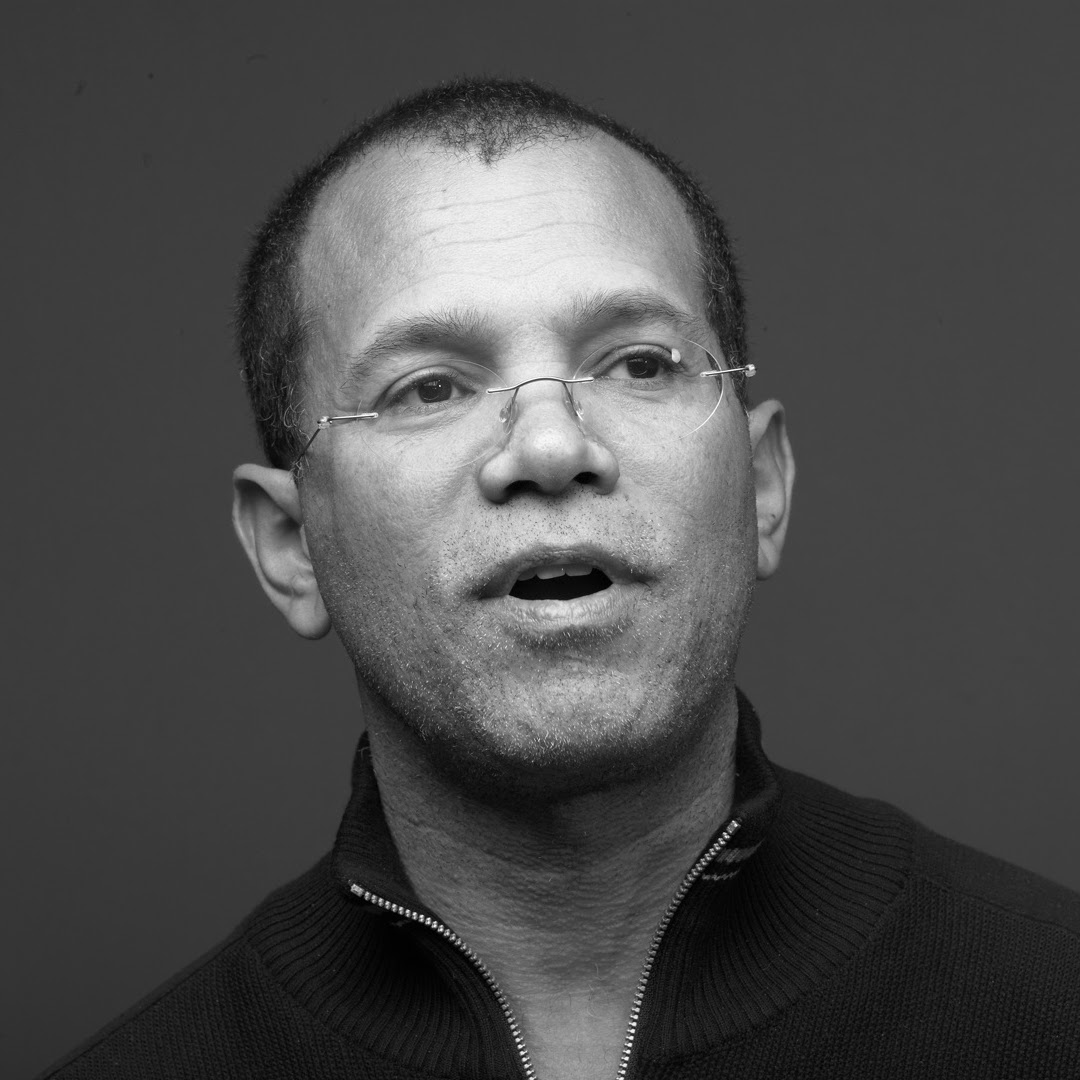
Keith C. Norris, MD, PhD
Executive Vice Chair, Department of Medicine for Equity, Diversity, and Inclusion
Professor of Medicine, UCLA Division of General Internal Medicine and Health Services Research
Dr. Keith C. Norris is an internationally recognized clinician scientist and health policy leader who has been instrumental in shaping national health policy and clinical practice guidelines for chronic kidney disease (CKD). He has made major contributions to diversity, equity and inclusion while addressing disparities in contemporary society. After leaving Cornell in 1976 at the age of 19, he attended Howard University College of Medicine. Upon graduation in 1980, he was inducted into the Alpha Omega Alpha medical honor society. He then completed his residency training and chief residency in internal medicine. From 1983-86, he trained in nephrology at the combined West Los Angeles Veterans Administration-UCLA program where he trained under the Late Dr. Jack Coburn. In addition to being board certified in internal medicine and nephrology, he is an American Society of Hypertension, Specialist in Clinical Hypertension. In 2014 he received his doctorate in religious, spiritual and metaphysical philosophy. After serving as Executive VP for Research and Health Affairs and Interim President at Charles Drew University (CDU) he returned to UCLA as a Professor of Medicine and Co-Director of the Clinical and Translational Science Institute Community Engagement Research Program.
In 1995, he was invited to join the inaugural National Kidney Foundation (NKF) Kidney Disease Outcomes Quality Initiative, where he worked for over a decade helping to transform Medicare based practice guidelines and performance measures for patients with chronic kidney disease. He was also a founding member of the Medicare End-Stage Renal Disease (ESRD) continuous Performance Measures workgroup. He presently serves as a member of the Forum of ESRD Networks, Medical Advisory Council the American Association of Kidney Patients (AAKP) Medical Advisory Board and co-chair of the ESRD Network 3 Medical Review Board.
His research interests focus on hypertension and CKD in disadvantaged populations. Other research areas include the role of Vitamin D and oxidative stress in health disparities, and enhancing community-academic partnerships. He was the Principal Investigator for the multi-site NIH funded African American Study of Kidney Disease and Hypertension (AASK) and the AASK Cohort Study, the largest comparative drug intervention trial focusing on renal outcomes conducted in African Americans. He was the founding Principal Investigator for the first national translational research network dedicated to reducing health disparities, the NIH-Research Centers in Minority Institutions Translational Research Network. He has extensive experience in patient recruitment and retention, and community-partnered research within the South Los Angeles community. With his community partners he pioneered the nation’s first medical school community faculty track at CDU as a novel strategy to leverage community expertise and inculcate social determinants into health professional research and education. He directs several NIH research and training grants including NIH summer research training grants for underrepresented high school students and for underrepresented junior faculty, as well as the NIH Diversity Program Consortium Coordination and Evaluation Center at UCLA, the centerpiece of the largest NIH initiative to date to enhance diversity in the biomedical workforce.
Dr. Norris has received numerous honors and awards from students, peers, community, and professional organizations. He has co-authored over 425 articles in peer-reviewed journals and book chapters. He serves as the Editor-in-Chief Emeritus of the international journal Ethnicity and Disease, a multidisciplinary journal focusing on minority ethnic population differences in health promotion and disease prevention, including research in the areas of epidemiology, genetics, health services, social biology, and medical anthropology. He also serves as a member of the editorial board for the Journal of the American Society of Nephrology and the Clinical Journal of the American Society of Nephrology.
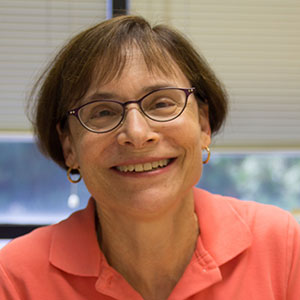
Teresa Seeman, PhD
Associate Vice Chair, Department of Medicine for Equity, Diversity, and Inclusion
Professor of Medicine & Epidemiology, UCLA Geffen School of Medicine
Trained as an epidemiologist, with post-doctoral training in neuroendocrinology, her research interests are inter-disciplinary, focusing on role of social and psychological factors in health and aging, with particular interest in elucidating the biological pathways through which such factors impact on health. Working in both community- and laboratory-based contexts, her work has documented the widespread health effects of protective social factors (e.g., social relationships) and psychological characteristics (e.g., control beliefs, perceptions of self-efficacy), including effects on risks for physical and cognitive decline as well as overall longevity. Her research has also contributed to our understanding of how these social and psychological influences are mediated through multiple major biological regulatory systems. She has been a leader in empirical research on a multi-systems view of biological risk - allostatic load. Her work has shown that levels of allostatic load predict subsequent health outcomes, and that differences in allostatic load are related to social factors, including levels of social integration and support as well as more traditional measures of socio-economic status [SES]: higher allostatic load seen among those reporting less social integration and/or support and lower SES. Her current research is focused on developing more integrated models that incorporate consideration of life-course experiences with stressful and protective conditions and the cumulative impacts of these experiences on major biological regulatory systems that determine trajectories of health and longevity. She co-directs the NIH Diversity Program Consortium Coordination and Evaluation Center at UCLA, the centerpiece of the largest NIH initiative to date to enhance diversity in the biomedical workforce.
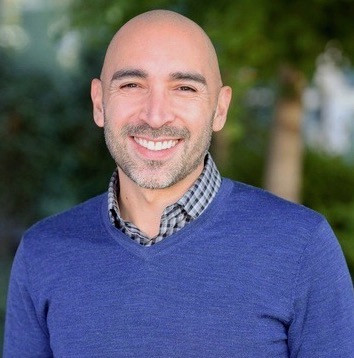
Marco Hidalgo, PhD
Associate Vice Chair, Department of Medicine for Equity, Diversity, and Inclusion
Associate Clinical Professor of Medicine, Division of Internal Medicine and Health Services Research, Medicine-Pediatrics Section
Dr. Marco Hidalgo (pronouns: he/they) is a clinician investigator whose behavioral research has contributed to national public health efforts at reducing HIV incidence among sexual and gender minorities, including people of color. Since 2013, he has been at the forefront of researching and developing gender-affirming practices tailored to transgender/gender-diverse individuals within mental health and multidisciplinary medical care settings. He has served on several national committees focused on LGBTQ+ health.
Born and raised in Southern California, Dr. Hidalgo completed doctoral training in clinical psychology at DePaul University and a post-doctoral fellowship in the Department of Psychiatry at Harvard Medical School. Dr. Hidalgo’s NIH-sponsored research centers around health and developmental outcomes of LGBTQ+ individuals, including people of color. Dr. Hidalgo also provides clinical care in the Gender Health Program at UCLA, where he helps transgender/gender-diverse children, adolescents and adult patients meet their mental health goals.
In 2013, while early-career faculty at Northwestern University’s Feinberg School of Medicine, he co-established the Gender and Sex Development Program at Ann & Robert H. Lurie Children’s Hospital of Chicago. After 17 years away, he relocated back to Southern California in 2017 and was faculty in the Center for Transyouth Health and Development at Children’s Hospital Los Angeles/University of Southern California before joining the UCLA Department of Medicine in 2021. Dr. Hidalgo is passionate about enhancing EDI in academic medicine, and he has sought opportunities to be involved in these initiatives since graduate school. Most recently, he co-led efforts to address racial inequities in research and programming at his former institution. He also developed and delivered trainings on implicit bias to training directors and first-year fellows across pediatric subspecialties.
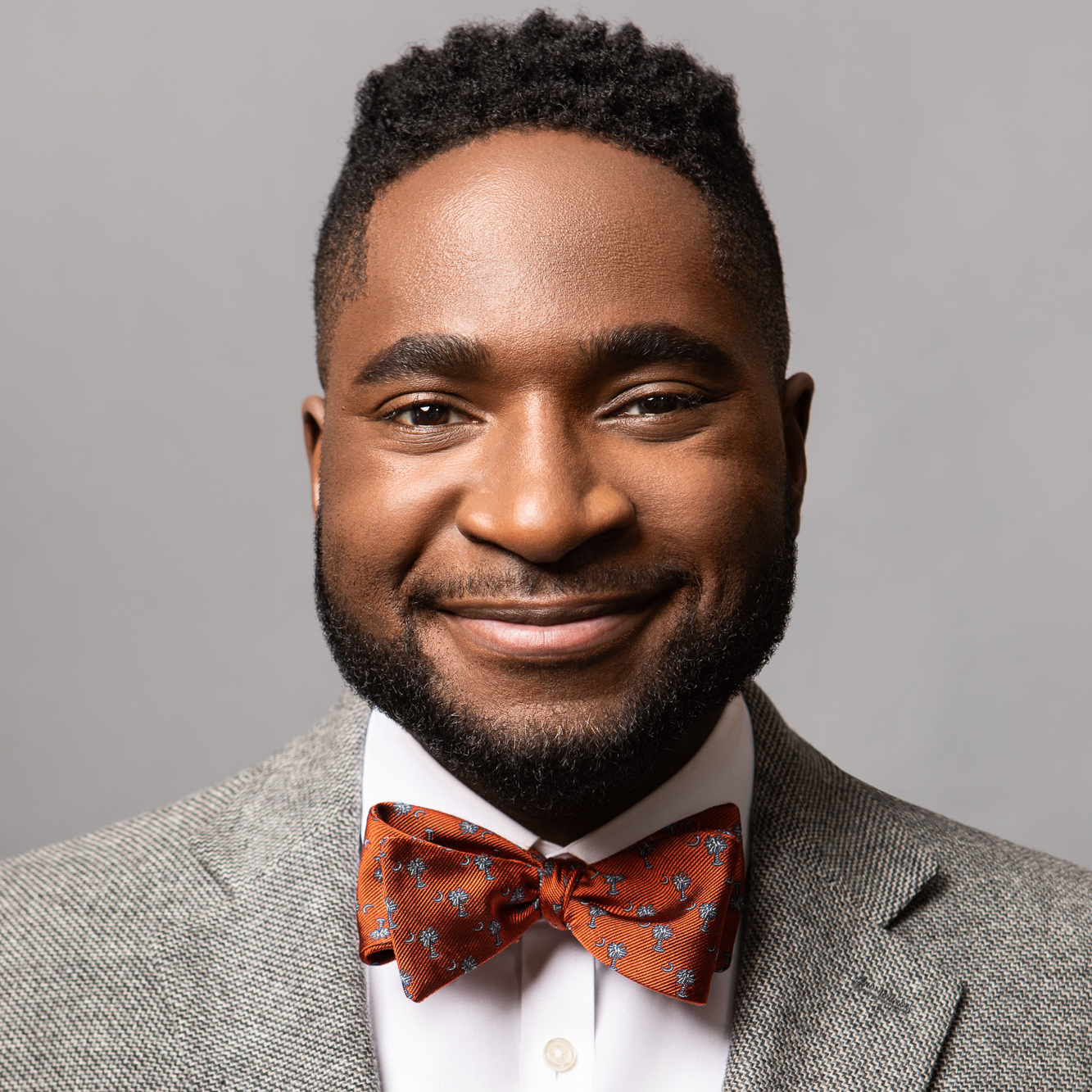
Utibe Essien, MD, MPH
Associate Vice Chair, Department of Medicine for Equity, Diversity, and Inclusion
Assistant Professor of Medicine in Residence at the David Geffen School of Medicine at UCLA
Utibe R. Essien, MD, MPH is a board-certified general internist, an Assistant Professor of Medicine in Residence at the David Geffen School of Medicine at UCLA, and an investigator in the Center for the Study of Healthcare Innovation, Implementation, and Policy at the Greater Los Angeles VA. He also serves as Assistant Vice Chair of Equity, Diversity, and Inclusion in the UCLA Department of Medicine. Dr. Essien’s research focuses on racial and ethnic disparities in the use of novel medications and technologies, especially in the treatment of cardiovascular diseases. In 2021, he coined the term, “pharmacoequity” to describe the goal of ensuring all patients have equitable access to life-saving therapies. This research and policy framework has since been applied to myriad clinical conditions including diabetes, health failure, and the COVID-19 pandemic. His work is funded by a VA Career Development Award and the Harold Amos Faculty Development Program, in conjunction with the American Heart Association.
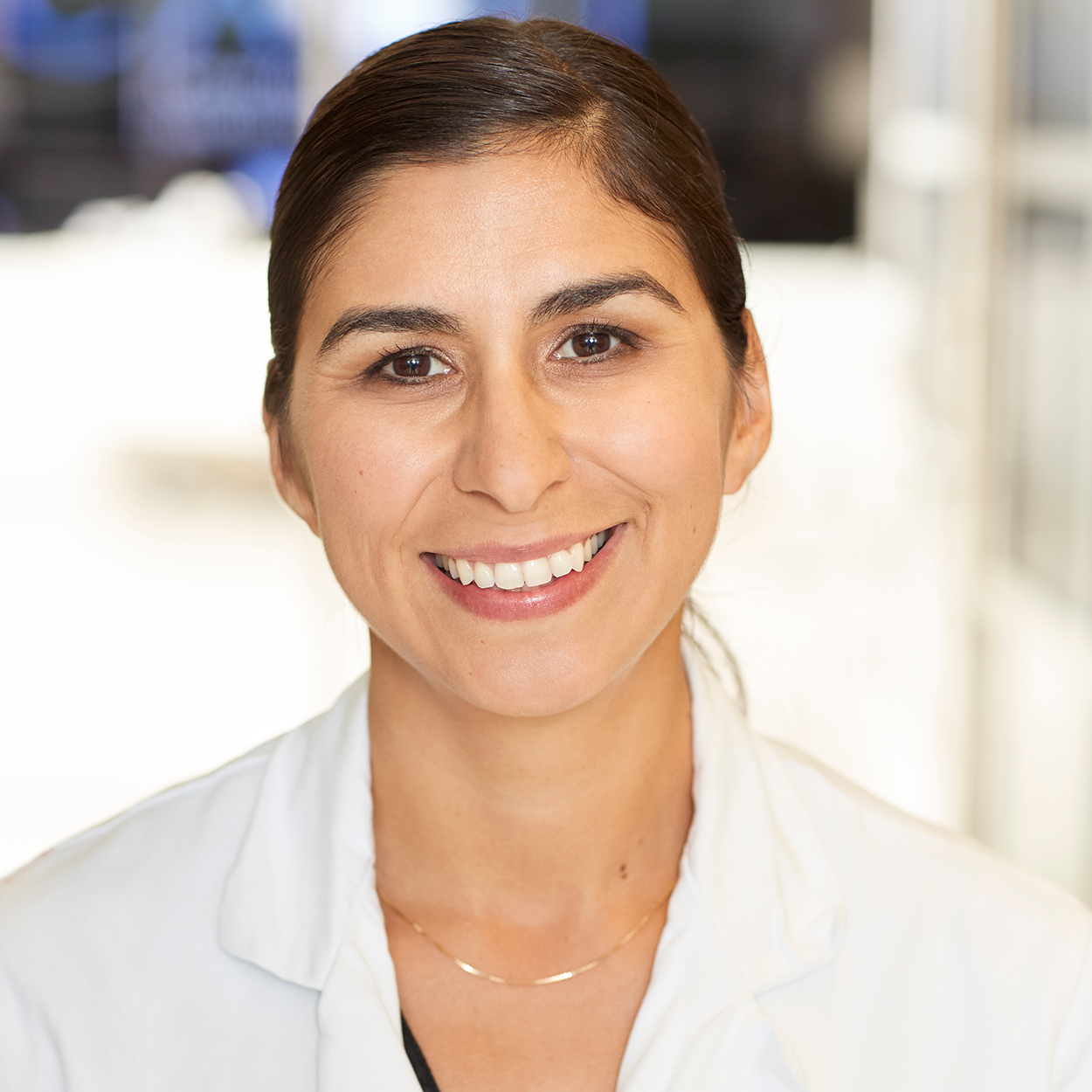
Alejandra Casillas, MD, MSHS
Founder of the First-Generation Program at DGSOM
Assistant Professor of Medicine in Residence at the David Geffen School of Medicine at UCLA
Alejandra Casillas MD, MSHS is an Assistant Professor of medicine in residence, in the Division of General Internal Medicine and Health Services Research at the David Geffen School of Medicine at UCLA. She practices primary care at UCLA, and also teaches medical students and internal medicine residents while caring for patients at the Venice Family Free Clinic. As the daughter of Mexican immigrants, Dr. Casillas witnessed the health disparities lived by her family, and the struggle for a better life in her diverse Los Angeles community. Today, as a primary care physician for the underserved, a mentor to trainees from disadvantaged backgrounds, and a health disparities researcher, she addresses these inequities. Dr. Casillas’ health services research focuses on the low-income communities served by the Los Angeles County Department of Health Services, the second largest municipal safety net in the US, developing digital health interventions tailored to socially complex, Limited English Proficient patients. Her published scholarship also includes research and programming initiatives addressing equity and diversity inclusion in academia and health, connecting to her UCLA roles as director of the CTSI Health Disparities Student Research Program, and founder of the First-Generation Program at the School of Medicine. In addition to mentorship and research grant awards, she has been recognized as an emerging leader in health and medicine by the National Academy of Medicine, was named one of UCLA Health's "100 in 100" (100 top trailblazing women at UCLA), and received the UCLA Academic Senate Diversity, Equity and Inclusion Award for university leadership in student development.
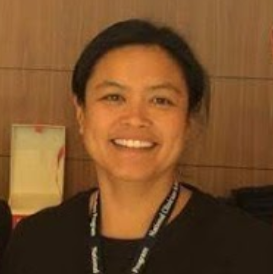
Cristina Punzalan, MPH
Program Manager
Department of Medicine for Equity, Diversity, and Inclusion
RCMAR CHIME
Cristina Punzalan serves as the Program Manager for the Department of Medicine Office of Equity, Diversity, and Inclusion. She also manages the NIA-funded Resource Center for Minority Ageing Research - Center for Health Improvement of Minority Elderly. Previously, she served as an administrator for the Division of General Internal Medicine and Health Services Research as well as for the UCLA RWJF Clinical Scholars Program and subsequently the UCLA National Clinician Scholars Program. She has also worked in project management implementing the Diabetes Prevention Program in under-resourced communities as a health coach and research administrator. Prior to coming to UCLA 19 years ago, she served in the Peace Corps in various capacities including recruiter in the Bay Area and volunteer and volunteer trainer in Ecuador. Cristina obtained her MPH from the UCLA Fielding School of Public Health and her BA from the UC Berkeley.
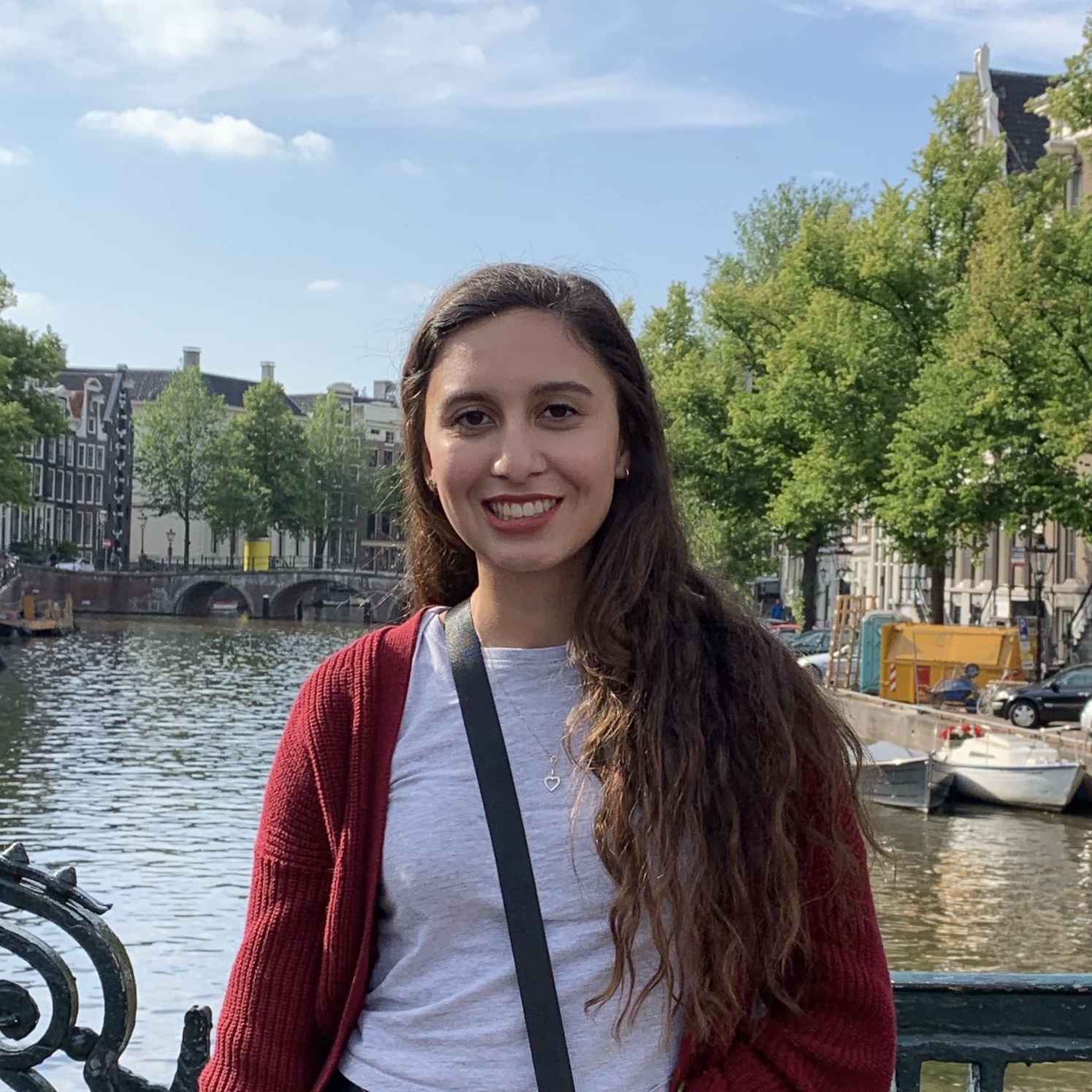
Anais Gascon
Program Coordinator
Department of Medicine for Equity, Diversity, and Inclusion
Anais Gascon serves as the Program Coordinator for the Department of Medicine Office of Equity, Diversity, and Inclusion. She assists in organizing meetings and events and helps manage the program website and social media accounts. Anais completed her undergraduate degree in Communication from UCLA, in March 2021. As a student she worked at the Hammer Museum as a Communications Department Assistant, creating content for their social media accounts, and updating the website. She was also involved with USAC, UCLA’s student government, serving as the Social Media Director for the Internal Vice President.



